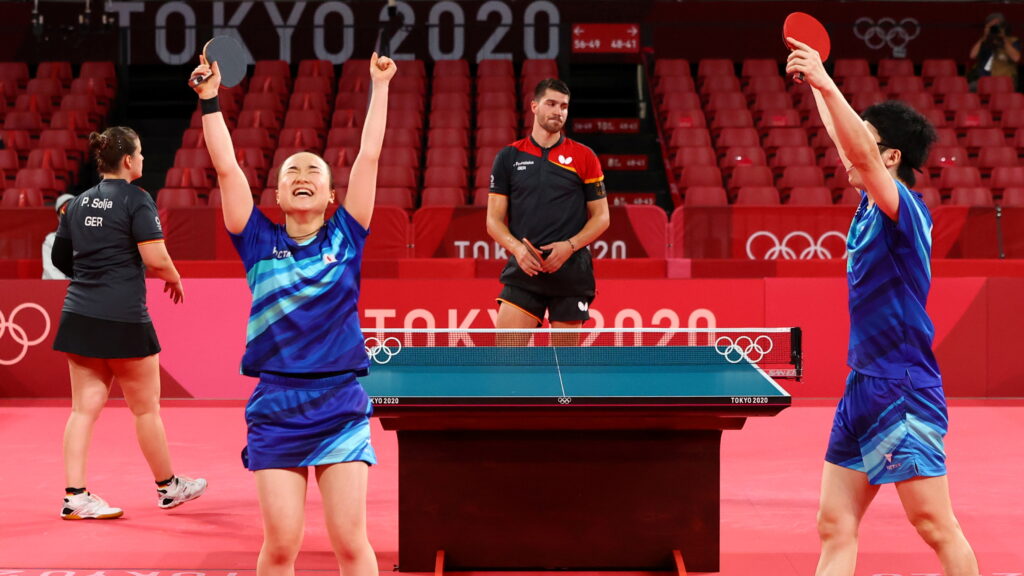Analyzing the Rise of Competitive Gaming, The world of competitive entertainment has evolved dramatically with the advent of esports. While traditional sports have long been a global phenomenon, competitive gaming has surged in popularity, challenging the status quo.
In this article, we will analyze the rise of competitive gaming in the digital age, exploring how esports compares to traditional sports and the role of technology in this transformation.

Traditional Sports: The Time-Tested Titans
Traditional sports have a rich history that spans centuries and have been an integral part of global culture. Whether it’s football, basketball, soccer, or tennis, these sports have cultivated massive fan bases, fueled by passionate players and fans alike. The appeal of traditional sports lies in the physical prowess, teamwork, and athleticism displayed by athletes.
Esports: The Digital Revolution
Esports, short for electronic sports, represents a newer form of competitive entertainment. It involves professional players competing in video games across various genres, such as first-person shooters, real-time strategy games, and sports simulations. Esports have rapidly grown in popularity, attracting millions of fans and substantial investment from sponsors, media companies, and tech giants.
Key Comparisons Between Sports and Esports
- Physical vs. Mental Prowess:
- Traditional Sports: Physical fitness and athleticism are paramount in traditional sports. Athletes train rigorously to achieve peak physical condition, often relying on years of dedicated practice.
- Esports: Esports rely on mental agility, strategy, and hand-eye coordination. Players hone their skills through intense training and develop deep game knowledge.
- Audience Engagement:
- Traditional Sports: Live events draw massive crowds to stadiums, while televised broadcasts reach global audiences. The emotional connection between fans and athletes is a cornerstone of traditional sports.
- Esports: Esports events are often streamed online, attracting millions of viewers. Streaming platforms like Twitch have revolutionized how fans engage with esports, allowing for real-time interactions with players and fellow fans.
- Technology and Innovation:
- Traditional Sports: Technology has enhanced training, sports equipment, and fan engagement. Tools like video analysis and data tracking have become standard in many sports.
- Esports: Technology is at the core of esports. High-performance gaming PCs, consoles, and peripherals are essential for players. Additionally, esports benefit from cutting-edge streaming technology and virtual reality experiences.
- Sponsorship and Investment:
- Traditional Sports: Traditional sports have long-standing relationships with sponsors, broadcasters, and advertisers, contributing to their financial stability.
- Esports: Esports have attracted significant investment, particularly from tech companies and endemic sponsors within the gaming industry. Esports organizations have formed lucrative partnerships, elevating the industry’s financial viability.
The Convergence of Sports and Esports
In recent years, the worlds of sports and esports have begun to intersect. Traditional sports franchises have entered the esports arena by establishing their esports teams, tapping into the growing market and expanding their fan base. Conversely, esports organizations have embraced the concept of physical sports by investing in franchises for leagues like the NBA 2K League.
Conclusion: A Digital Age Duel
Analyzing the Rise of Competitive Gaming, The rise of esports in the digital age has added a dynamic dimension to the world of competitive entertainment. While traditional sports and esports differ in many ways, they share a common thread of passionate fan engagement.
As technology continues to shape the landscape of both sports and esports, it’s clear that these two worlds will coexist and evolve, providing diverse options for fans and athletes alike. Whether you’re cheering for your favorite soccer team or esports squad, the competitive spirit transcends the platform, making sports and esports enduring forms of entertainment in the digital age.